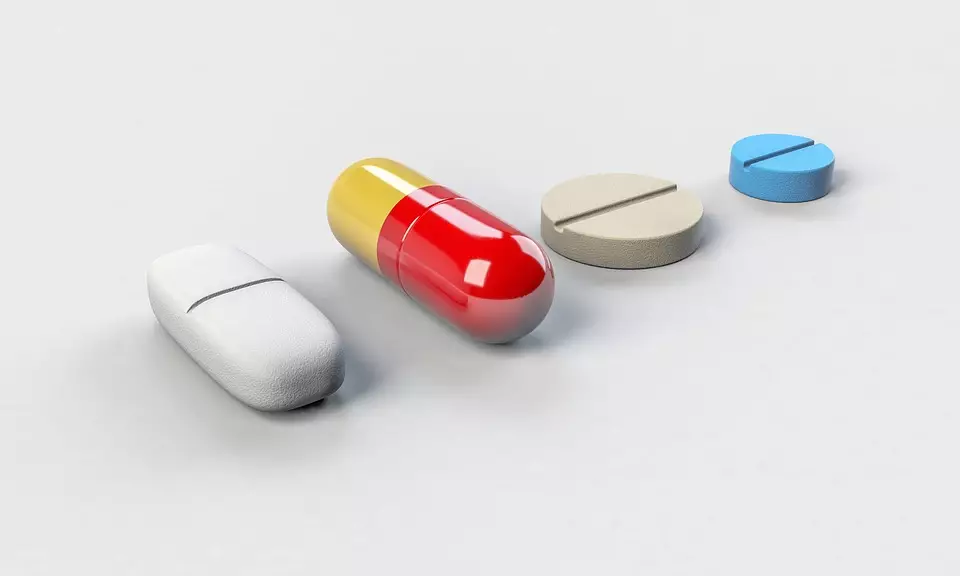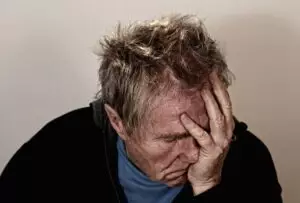Sometimes it starts innocently enough. You have an injury, maybe due to no fault of your own. You go to the doctor for help and are prescribed medication. Later, you find yourself addicted.
Addictive Opioids
One of the biggest problems with addictive medicine is that we are responsible for our health, but we don’t have the skills and knowledge that doctors do. It is important to discuss our fears and experiences with our doctors. This way, the doctor is informed enough about your background to make the best decisions, and we can make the best choices for ourselves. If you are concerned about opioids and potential addiction, it is good to go in to that consultation with the doctor armed with knowledge.
Here are a few of the most commonly abused addictive opioids:
- Oxycodone – sold under brand names such as OxyContin
- Codeine – commonly found in cough syrup
- Fentanyl – 50-100 times stronger than morphine; According to the CDC it’s responsible for over half of the opioid overdose deaths in 10 states
- Meperidine – sold under brand names such as Demerol
- Vicodin
- Oxymorphone
- Hydromorphone
- Levorphanol
- Morphine
- Tapentadol
- Hydrocodone
- Norco
- Percocet
- Percodan
- Demerol
- Pethidine
- Tramadol
- Lavdanum
 Signs of Addiction
Signs of Addiction
Addiction comes in many forms but here are some of the most common signs of addiction and misuse of opioids:
- Euphoria
- Feeling drowsy or lethargic
- Feeling confused or dizzy
- Changes in vision, personality, or behavior
- Constipation and/or vomiting
- Nausea
- Trouble breathing
- Headaches
- And seizures
If You Find Yourself Addicted
Addiction happens, and could happen to any of us. Talk with your doctor about pros and cons with regards to prescription medication and learn what you can about alternatives. Do your homework and make an informed decision. And if you do find yourself addicted, treat yourself with compassion and seek treatment as soon as possible.
Contact us today for more information about opioid addiction recovery and substance abuse rehab

 Signs of Addiction
Signs of Addiction